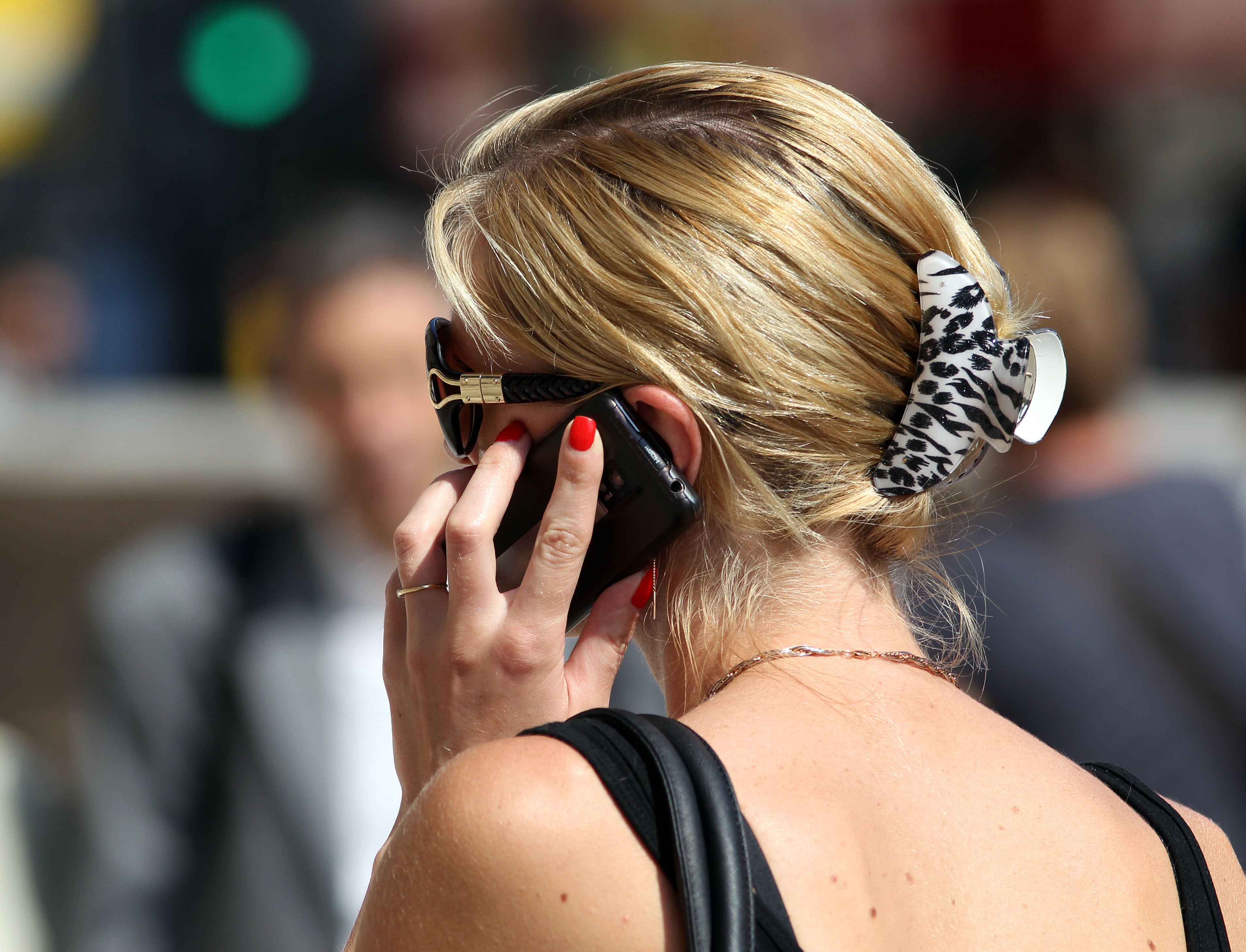EE’s Europe roaming charges: What does it mean for my phone bill?
Find out whether your next trip to an EU country could be affected by EE’s reintroduced roaming fees for the region.

Your support helps us to tell the story
From reproductive rights to climate change to Big Tech, The Independent is on the ground when the story is developing. Whether it's investigating the financials of Elon Musk's pro-Trump PAC or producing our latest documentary, 'The A Word', which shines a light on the American women fighting for reproductive rights, we know how important it is to parse out the facts from the messaging.
At such a critical moment in US history, we need reporters on the ground. Your donation allows us to keep sending journalists to speak to both sides of the story.
The Independent is trusted by Americans across the entire political spectrum. And unlike many other quality news outlets, we choose not to lock Americans out of our reporting and analysis with paywalls. We believe quality journalism should be available to everyone, paid for by those who can afford it.
Your support makes all the difference.EE has become the first major UK mobile network to bring back charges for customers who travel to Europe
Free roaming came about in June 2017 when the UK was still in the EU, meaning people could use a reasonable amount of their existing package in other European countries without being stung by any extra charges.
Brexit meant operators could reimpose charges, though the main four – EE, O2, Three and Vodafone – said they had no plans to.
We explain what the change means for your mobile bill when travelling abroad.
– Who will it affect?
New EE customers who join from July 7 will face a charge for using their data, making calls, or sending text messages.
Though it does not include existing customers, anyone who upgrades and renews their contract from the same date will also have to pay (so if your contract ends and you leave it rolling and unchanged, you will not fall under the new rules).
But the charges do not come into effect until January 2022.
– What are the costs?
A flat fee of £2 per day will apply to use your full EE data, minutes and text allowance when travelling to affected countries in the EU.
Depending on how long you intend to travel, it could work out cheaper getting a 30-day Roam Abroad Pass.
The pass costs £10 for those with an Essential plan, but people using the Smart or Full Works packages can add it at no extra cost, as long as it is added before you travel.
This can be done via text message or within the Smart Benefits section of the My EE app – for full instructions, visit EE’s website.
– What countries does it include?
The charges will apply to 47 European destinations, with the exception of the Republic of Ireland
To avoid any doubt, this is the full list of places: Austria, Azores, Belgium, Bulgaria, Croatia, Cyprus, Czech Republic, Canary Islands, Denmark, Estonia, Finland, France, French Guiana Guyana, Germany, Gibraltar, Greece, Guadeloupe, Guernsey, Hungary, Iceland, Ireland, Isle of Man, Italy Jersey, Latvia, Liechtenstein, Lithuania, Luxembourg, Madeira, Malta, Martinique, Mayotte, Monaco, Netherlands, Norway, Poland, Portugal (including Madeira), Reunion Islands, Romania, San Marino, Saint Martin (French), Saint Barthelemy, Slovakia, Slovenia, Spain (including Canary Islands), Sweden, Switzerland and Vatican City (Italy).
– What about other networks?
The other main operators – O2, Three and Vodafone – have avoided going down the same route, so far.
For now, they are sticking to fair use limits, which is not out of the ordinary, as this is in line with existing EU rules.
Three’s fair use cap is being lowered from 20GB to 12GB a month from July.
O2 and Vodafone have both opted for 25GB.
– What should I do to avoid charges?
EE customers should consider adding the 30-day Roam Abroad Pass before travel for longer trips in EU countries.
Many hotels and restaurants offer free wifi these days, so make good use of that.
You could look into switching to another network provider.
Ensure roaming data is switched off in your smartphone’s settings if unsure to avoid any nasty surprises.
Or ultimately, switch your phone off altogether and enjoy your trip without any disturbances.